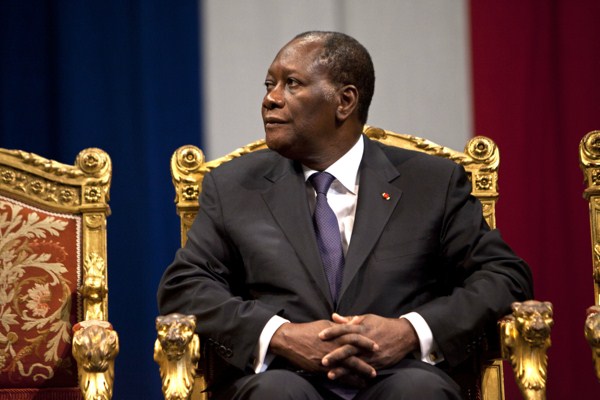Earlier this month, Cote d’Ivoire’s opposition parties rejected Youssouf Bakayoko’s re-election as the head of the country’s election commission. Bakayoko, a member of President Alassane Ouattara’s ruling coalition, has served as head of the commission since it was set up in 2010. The rejection was a reminder of both the fractious nature of Ivorian politics and the deep ambivalence within the opposition Front Populaire Ivoirien (FPI) about reaching agreement with the Ouattara administration.
Reform of the electoral commission, which parliament approved in May 2014, was meant to be a further step in political reconciliation and normalization, but the new makeup provides a majority of seats on the commission for the ruling parties. The dispute over Bakayoko’s re-election also reflects an ongoing power struggle within the FPI between the party’s president, Pascal Affi Nguessan, who favors re-engagement in mainstream Ivoirian politics, and hardline supporters of former President Laurent Gbagbo, who still want to boycott the upcoming 2015 elections. The FPI has signaled that it is seeking new concessions from the government. A party congress at the end of the year will need to agree on the FPI’s new leadership and whether it will compete in the 2015 elections. If not resolved, those issues could result in a splitting of the party.
The trouble has been lingering since November 2010 when presidential elections, rather than ending a decade of instability following an insurrection in 2002 that partitioned the country, triggered renewed violence. Gbagbo refused to concede victory to Ouattara, at the time a former prime minister, despite Ouattara winning 54.1 percent vote to Gbagbo’s 45.9 percent. That refusal generated a power struggle that over four months deteriorated into a quasi-civil war in the capital, Yamoussoukro, and the west of the country between pro-Gbagbo forces and the rebel Forces Nouvelles (FN). The crisis ended with Gbagbo’s arrest in April 2011, following military intervention by the French and a United Nations force. Ouattara was sworn in as president the next month, for a five-year term.

